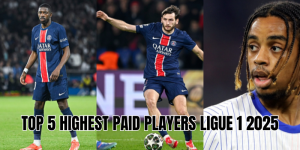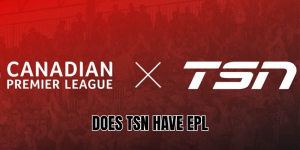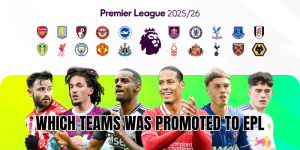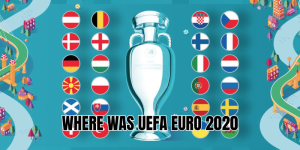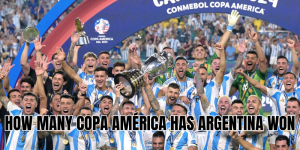From the moment a Premier League player signs a deal the question many fans wonder: Are EPL contracts guaranteed? The short answer is yes — in most cases the base salary and a large portion of the fixed terms are guaranteed so long as the player honours the contract. But, as HartGoal will show you, there are many caveats. Let’s dig into what “guaranteed” really means, what is optional, and how contracts get enforced in the EPL.
What does “guaranteed contract” mean in the EPL context
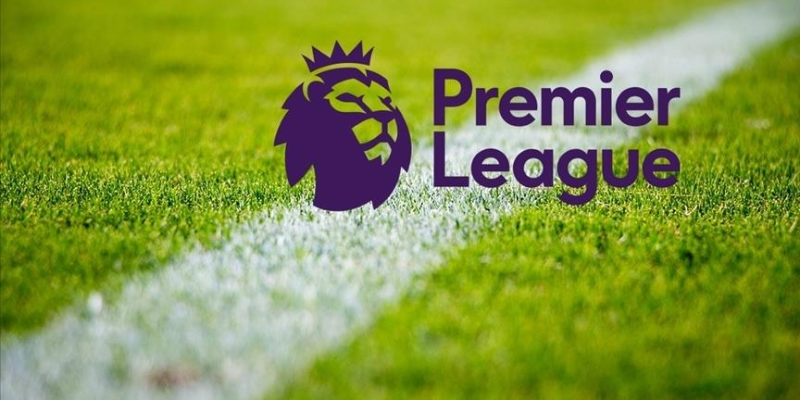
A “guaranteed contract” means that the club is legally bound to pay the player the agreed wages for the length of the deal, unless the player breaks terms (misconduct, breach of contract, etc.), there’s mutual termination, or sometimes in special scenarios (financial insolvency, etc.).
What’s usually guaranteed:
- The base salary (weekly/monthly wage)
- Some sign-on fees, loyalty payments, or fixed payments
- Certain image rights if they’re part of the guaranteed side of the deal
What’s usually not guaranteed or more flexible:
- Performance-related bonuses
- Appearance fees if these are contingent on playing time
- Incentives, clauses triggering extra money only if specific achievements are met
How EPL player contracts are structured
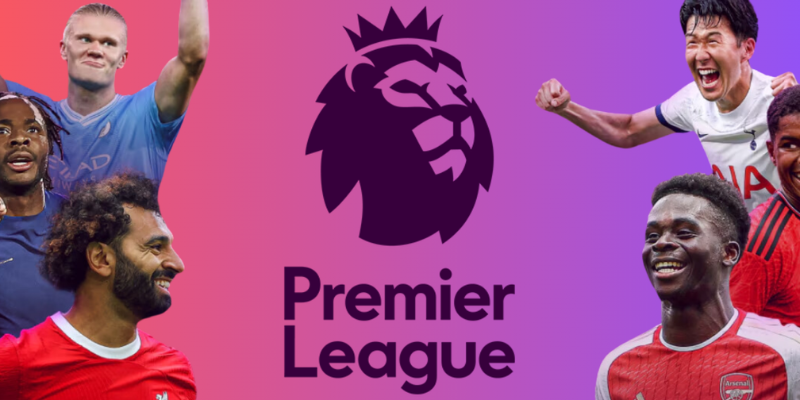
To understand guarantee, you need to look at the typical contract breakdown in the Premier League.
- Standard form contract: All EPL players use a league-approved base contract. Within this, Schedule 2 / annexes contain personal terms. These personal terms define salary, bonuses, release clauses, image rights, etc.
- Evidence: These standard contracts are legal instruments; clubs and the PFA commonly negotiate fixed core employment terms, especially salary obligations.
- Fixed duration contracts: Contracts are for an agreed period (2-5 years is common). The club is obliged to pay unless the player is released or transferred, or in rare, extreme cases a contract is terminated for cause.
- Guaranteed money vs incentives: “Guaranteed money” refers to the portions of earnings a player will receive regardless of performance. “Incentives” or bonuses are extra, contingent on performance. The balance between these varies.
Scenarios where guarantee might not apply in full
Even with a guaranteed contract, several situations can affect what the player actually receives.
- Misconduct or breach
- If a player violates behavior clauses, doping rules, fails to uphold fitness or disciplineuirements, the club may impose sanctions – sometimes including termination – which can void future payments.
- Terminated by mutual agreement
- A player and club can agree to end a contract early. Often this involves a settlement where some compensation is paid but not necessarily all that would have been earned under the original term.
- Insolvency or financial collapse of club
- If the club is bankrupt, goes into administration, etc., obligations might be delayed or reduced; sometimes some payments are unpaid or restructured.
- Loan out, not selected, or injured
- If on loan: the loaning club and parent club may have different payment responsibilities.
- If not selected: The base salary is almost always still paid, even if the player spends the whole season not playing. Non-playing doesn’t usually void salary.
- If injured: most EPL contracts include medical and injury provisions; base pay generally continues during injury.
- Force majeure / league suspension
- Rare, but possible. Events like pandemics, government mandates or massive disruptions may complicate the guarantee.
How UK law & player unions affect contract guarantees
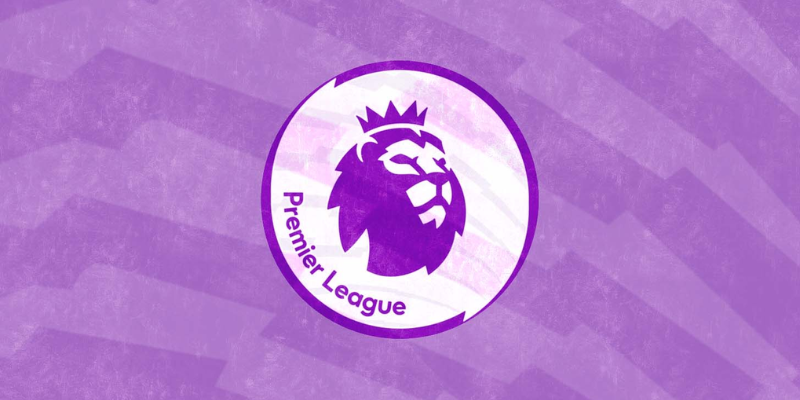
Contracts in the EPL are backed by UK employment law plus collective bargaining. Key legal and regulatory influences:
- Players are employees under UK law, so many protections apply (unfair dismissal, payment of wages, etc.).
- The standard contract (and any personal terms) must comply with legal minimum standards (minimum wage, working time, etc.).
- The PFA often ensures that contracts respect agreed norms and that clubs cannot impose unfair or unlawful conditions.
Because of this, the guaranteed portions of contracts tend to be strongly enforceable. Clubs can’t simply stop paying a player because they are not performing or for non-selection (unless contractual breach occurs).
Examples: guaranteed money in practice
To illustrate how guarantee works, here are some realistic examples:
- A top striker signs a 4-year deal with base wage £200,000/week plus goal bonuses. Even if he fails to score many goals or is benched, that base wage must be paid. The goal bonuses he fails to achieve are not guaranteed.
- A player signs for a club, then is transferred after two years. Depending on the transfer agreement and how the contract is structured, some payments after transfer might still be guaranteed (e.g. sign-on or loyalty payments paid over time).
- A young player with little chance to start still gets his guaranteed wages during seasons where he is unused. But match appearance bonuses, which might be big for seniors, won’t come if he doesn’t play.
What guarantee does not cover: common myths
- Guarantee ≠ playing time: Guaranteed contract does not ensure you will start or even be on the bench every match.
- Guarantee ≠ bonus success: Goals, assists, clean sheets etc. only yield payments if the player meets those conditions.
- Guarantee ≠ stay for full term: Both sides (club or player) might have exit clauses, buy-outs, or mutual termination possibilities.
Conclusion
Are EPL contracts guaranteed? Absolutely—they guarantee the base salary and fixed payments so long as the player abides by the contract. Incentives and bonuses? Not so much; those are designed to reward performance, not to be baseline assurances.
If you’re reading this, HartGoal hopes you now feel confident in what guarantees a player in the Premier League can expect—and what remains at risk. Want to dive deeper? Next, we could explore specific contract clauses, or how guaranteed vs non-guaranteed terms affect players when switching clubs. Let me know which direction you’d prefer!

